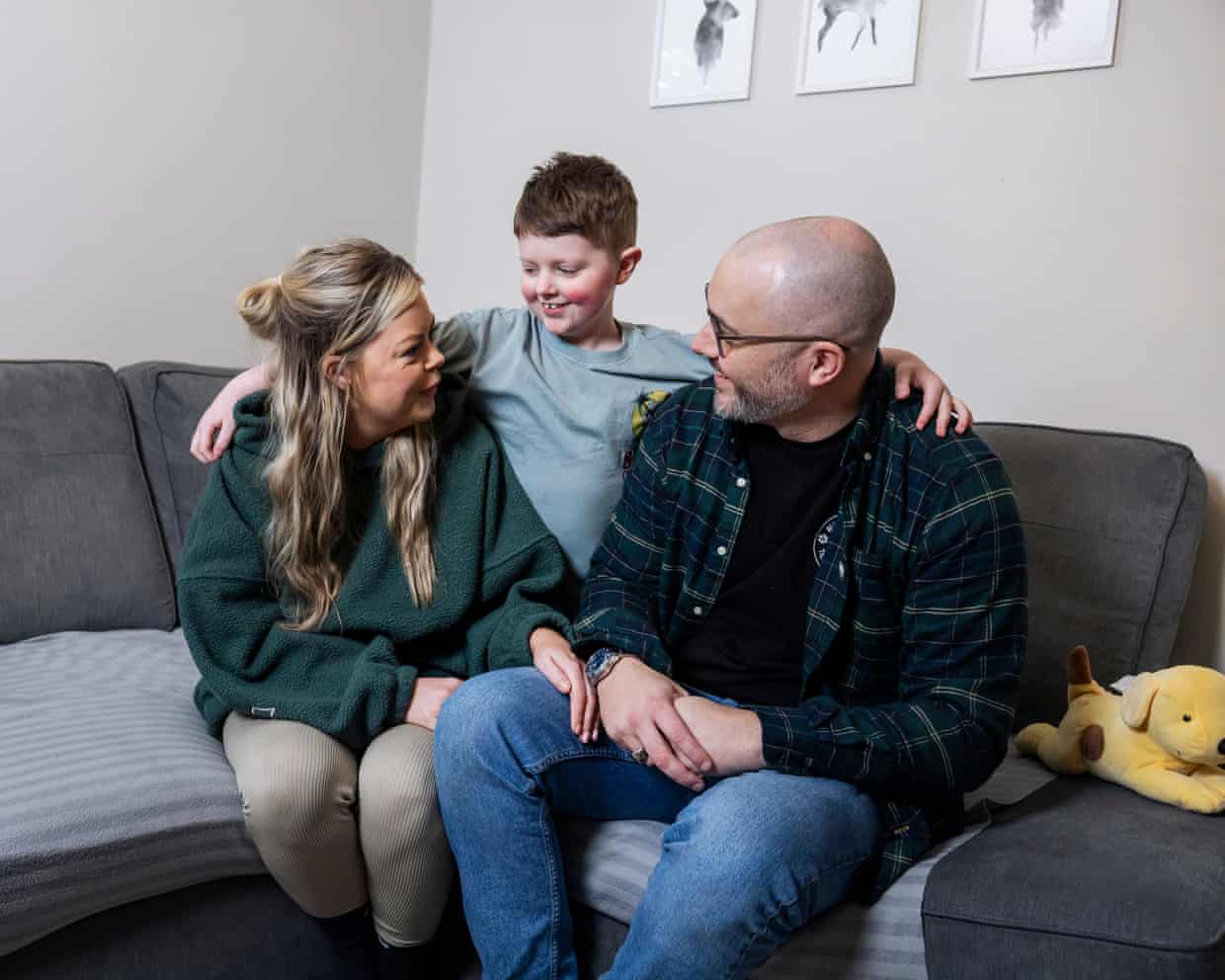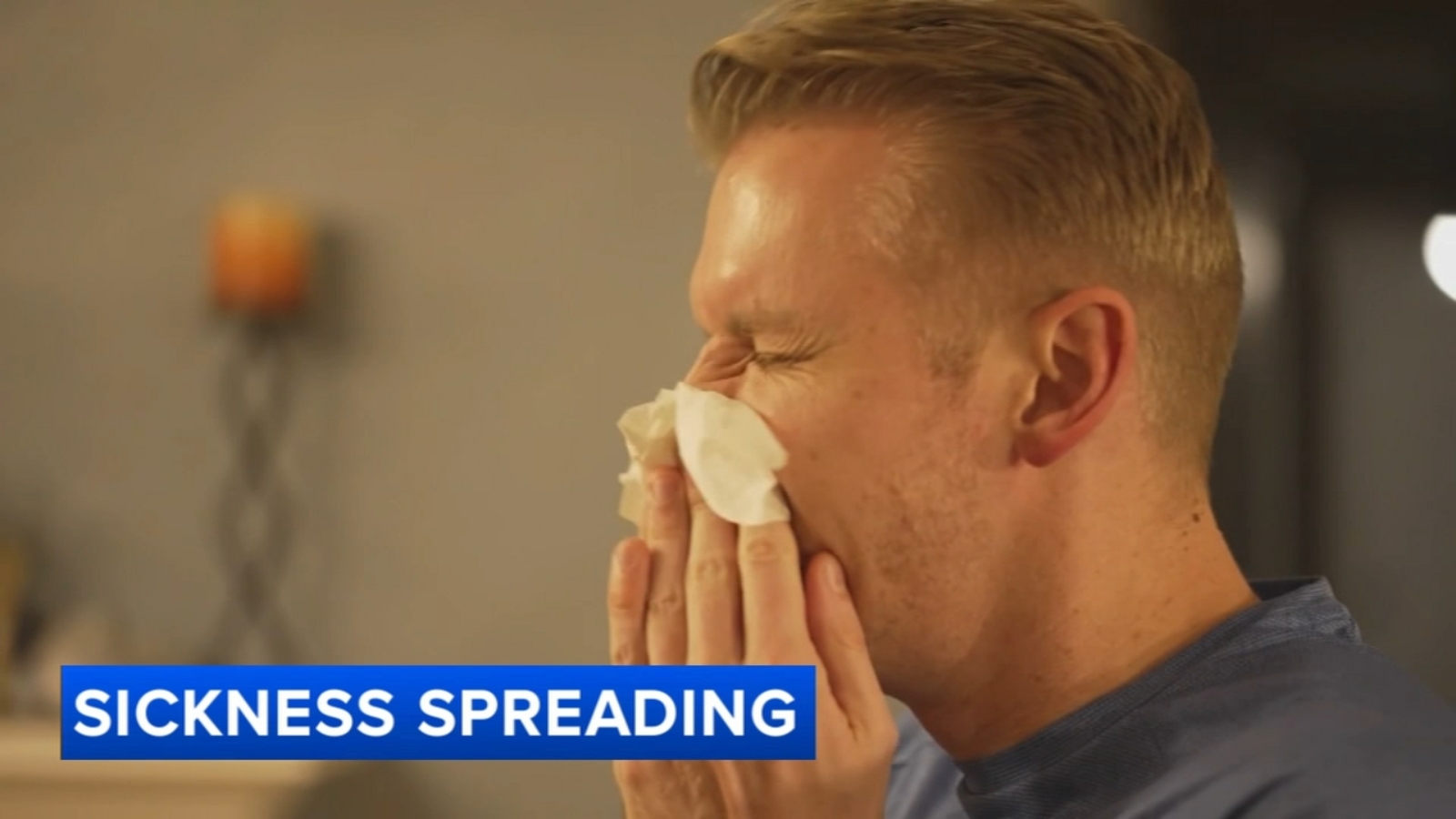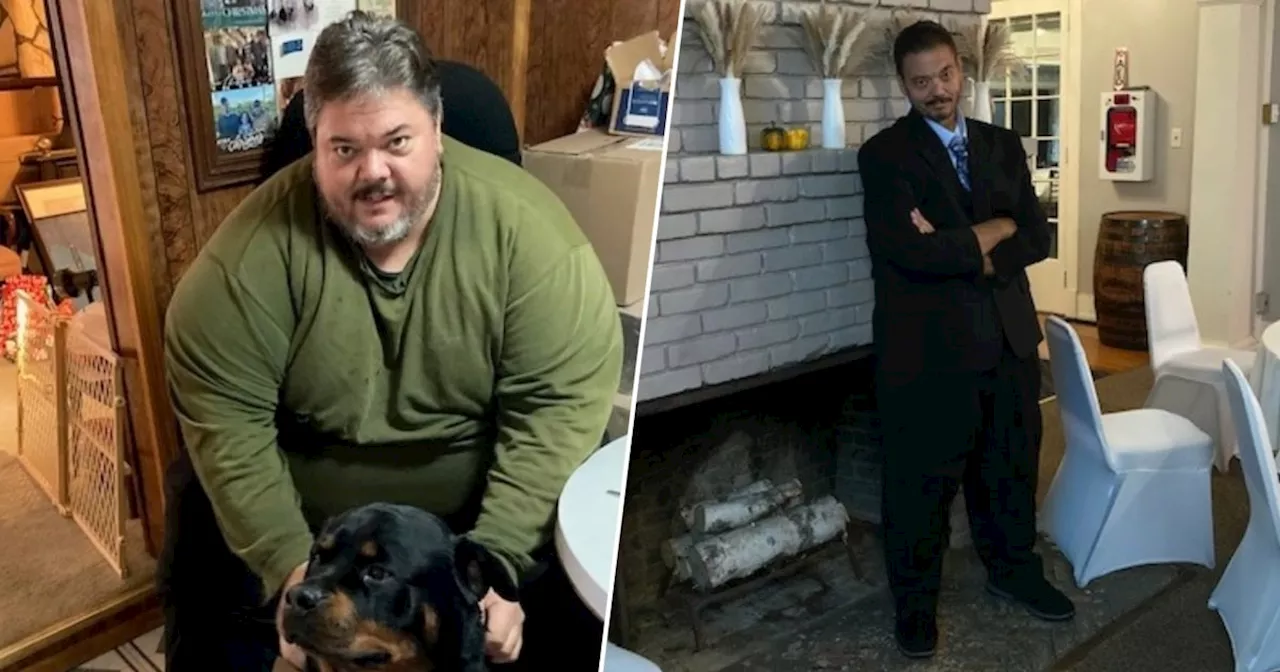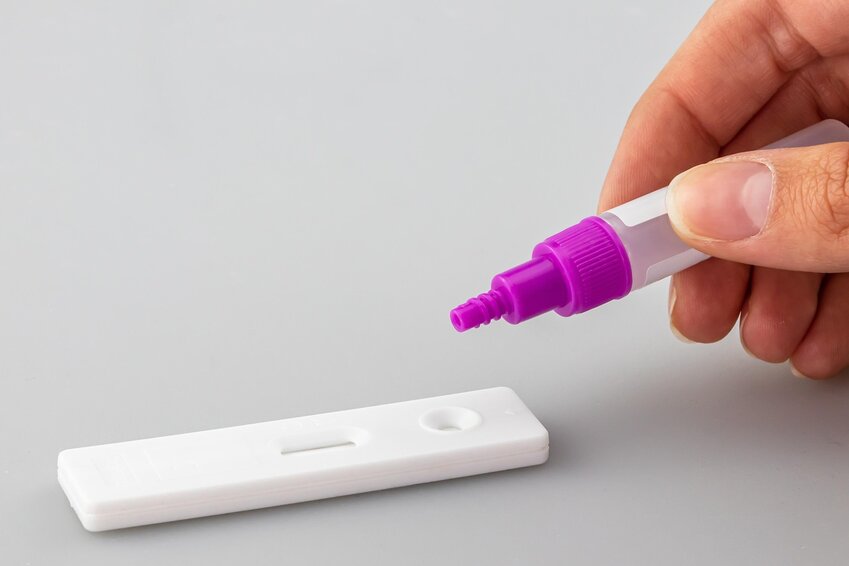Families in Corby, Northamptonshire, are calling for an investigation into the potential links between childhood cancer cases and toxic waste sites in the area. This renewed urgency comes as public health officials prepare to publish their analysis regarding the incidence of childhood cancer in a town of approximately 70,000 residents.
In 2018, Alison Gaffney and Andy Hinde faced the harrowing diagnosis of their 17-month-old son, Fraser, who was found to have a rare type of leukaemia. After enduring two years of intensive treatment, including chemotherapy and a stem cell transplant, Fraser made a remarkable recovery. As he began to regain strength, Gaffney found herself haunted by a consultant’s comment at the hospital: “It keeps us up at night wondering how Fraser got his cancer.”
This lingering question led Gaffney to investigate the history of toxic waste disposal in Corby, particularly following the closure of Europe’s largest steelworks in 1979. A civil case in 2009 highlighted the council’s negligent clean-up of the site, which was linked to numerous birth defects in local children during the 1980s and 1990s. Gaffney expressed her growing concern: “Fraser’s cancer is not genetic. So what are the reasons? It’s got to be down to the town.”
As Gaffney connected with other families who have experienced similar tragedies, they began compiling records of childhood cancer cases dating back to 1988. Their campaign now represents around 130 families seeking answers and accountability. Gaffney stated, “All we want is to try and protect future people so they do not have to endure the pain that we’ve been through.”
The 2009 judgment confirmed that millions of tonnes of contaminated materials from the steel plant were transported to Deene Quarry, with significant amounts of toxic waste being carried along public roads, raising serious health concerns. Although the Environment Agency reported in 1997 that some contaminated materials had been removed from Deene Quarry, Gaffney suspects that other areas in the town may also have been affected.
On Thursday, North Northamptonshire Council announced plans to test land for contamination and investigate potential dumping sites. Gaffney welcomed this as a “major step forward,” noting that council officials admitted they lacked documentation on contaminated sites.
In a statement to the *Guardian*, the council acknowledged the public’s concerns regarding historical waste disposal and stated that they are reviewing records to determine whether additional areas may have been contaminated. Gaffney expressed her appreciation for the council’s transparency: “Local authorities don’t normally hold their hands up and take this on but we’re really proud of them for doing so.”
Support for the families’ campaign is growing. Tonia Shalgosky, a primary school pastoral lead, highlighted the urgency of the situation, stating that her nine-year-old daughter, Bella, was diagnosed with blood cancer earlier this year. “There are so many people in the town that have been diagnosed with childhood cancer, and I just feel it’s too much to ignore,” she said.
Meg Lyons, whose sister Eve died from bone cancer at the age of nine, echoed the need for accountability. “Families deserve complete and utter truth and transparency from the council,” she emphasized.
Gaffney also shared unsettling details from whistleblowers involved in the waste removal operations. Her father was among those who transported waste from the steelworks, sometimes without proper licensing. “At the time, everyone had lost their jobs, so everyone took on any job that you could,” she recounted.
Des Collins, the lawyer involved in the 2009 civil claim, now represents Gaffney and other families affected by cancer. He stressed the importance of a statutory public inquiry to uncover the full extent of the situation: “Only a statutory public inquiry has the capability to reassure the public that the full truth has been uncovered.”
Martin Griffiths, leader of the council, noted that the meeting with Gaffney and Hinde represented a commitment to work collaboratively for the benefit of Corby residents. The council plans to establish a working group that will include Gaffney to address public health and contamination concerns.
Gaffney remains hopeful that testing will commence soon. “Every family that comes through, I’m listening to their stories, and it’s so hard. If anything, it just gives us that further fight,” she said. “We’ve got to find answers for these children.”







